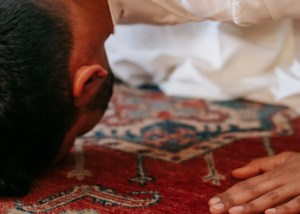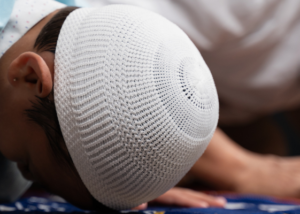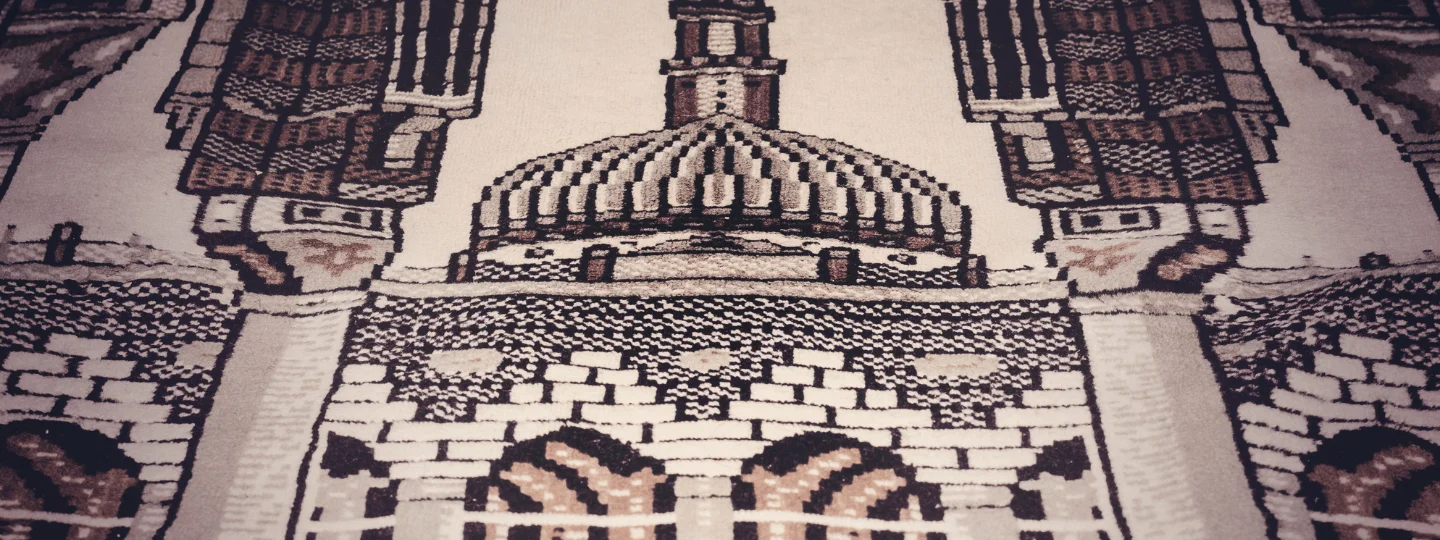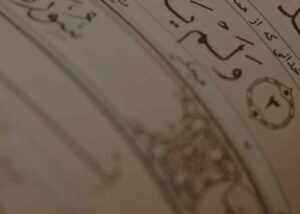When one is trying to go about making up for missed prayers, should he read Qada for each prayer or is there a specific method when it is for a large number of prayers from a specific lengthy period of time?
Quran
Hadith
Islamic Text
The general method is the same.
عَنْ أَنَسِ بْنِ مَالِكٍ، قَالَ: قَالَ نَبِيُّ اللهِ صَلَّى اللهُ عَلَيْهِ وَسَلَّمَ: «مَنْ نَسِيَ صَلَاةً، أَوْ نَامَ عَنْهَا، فَكَفَّارَتُهَا أَنْ يُصَلِّيَهَا إِذَا ذَكَرَهَا»
Anas bin Malik said that that the Prophet of Allah said, ‘Whoever forgets the prayer, or sleeps through it, its expiation is to pray it when he remembers it.’ (Muslim, 684 -315).
It seems the questioner is alluding to some misinformation that has been going around for some time. It presents the actual actions and recitation of a Qada prayer as different to other prayers. This is incorrect. Although there are details that a person must be aware of when praying Qada e.g. intention and times, the actions of the prayer and recitation does not change. These details must be studied thoroughly before praying Qada Salah.
As seen in the Hadith above, making up missed prayers is an obligation and the Nass (reference) below shows that there are a number of legal considerations when making up prayers. However the actual actions and recitation remains unchanged.
ومن فاتته الصلاة قضاها إذا ذكرها وقدمها لزوما على صلاة الوقت إلا أن يخاف فوات صلاة الوقت فيقدم صلاة الوقت ثم يقضيها (مختصر القدوري)
And whoever misses the prayer, must make it up when he realises. He must do so before the current obligatory prayer, unless he is afraid that he will miss the current prayer from its time. In which case he prays the current prayer and then makes up the missed prayer. (Mukhtasar al-Quduri).
And Allah (Most High) Knows Best.
– Answered by Shaykh Noorud-deen (26.02.2021)
See also:






